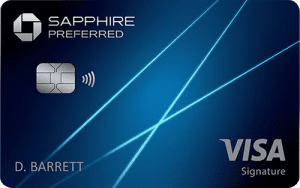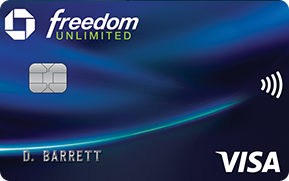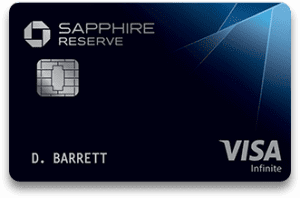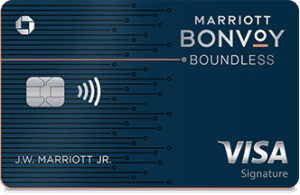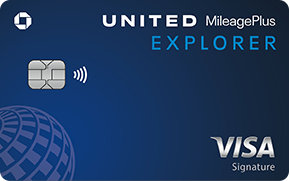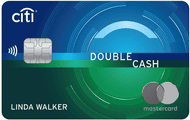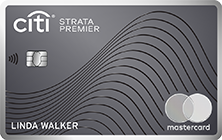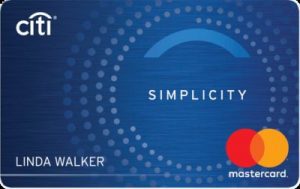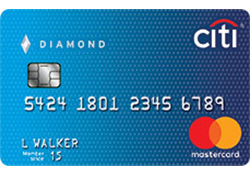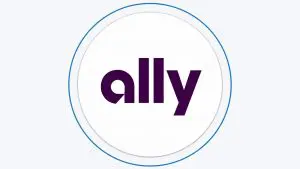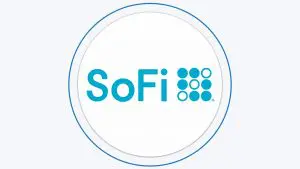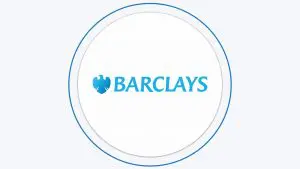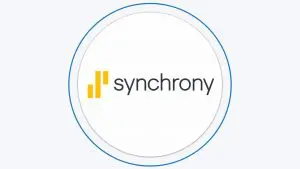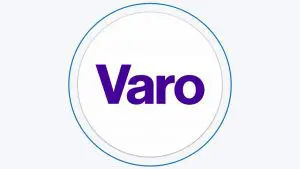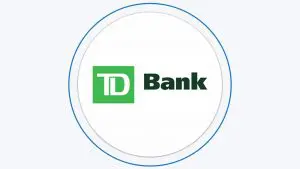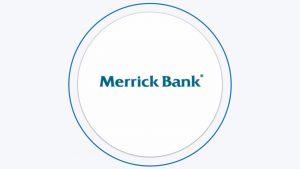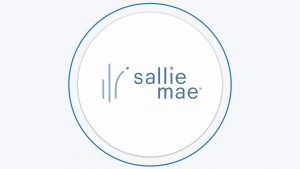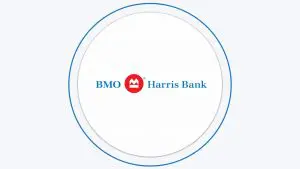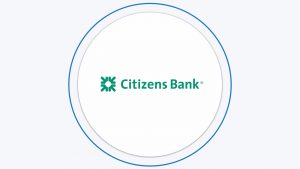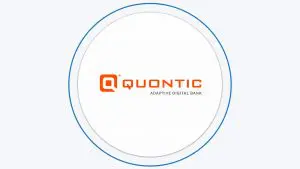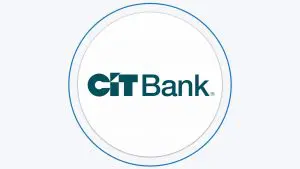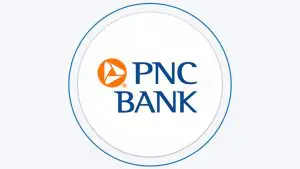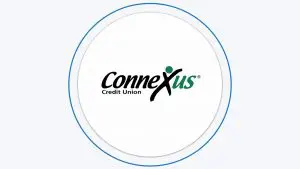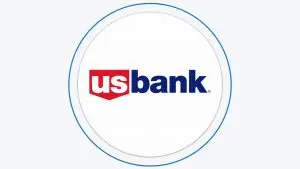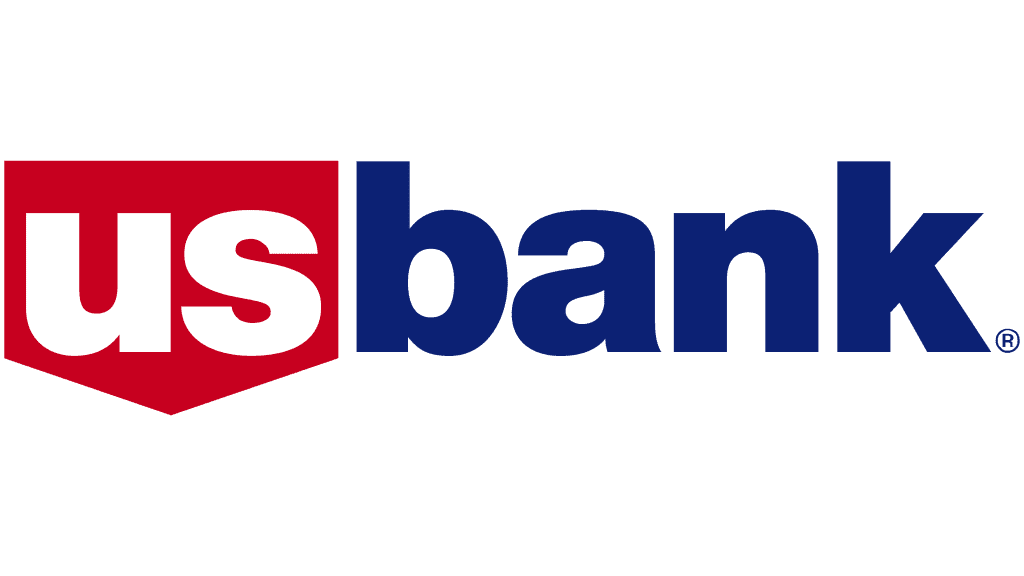Table Of Content
When Chase Bank Wins?
Chase has an impressive banking product line that can rival those of a conventional high street bank.
Not only can you access checking and savings accounts, but also home loans, home equity loans, auto loans, and various credit card options.
Chase bank can be a better choice than Citi if:
You can meet the requirements for account fee waivers
You have more to invest in your CD
The credit card partners and deals appeal to you.
You want a welcome bonus
When Citi Bank Wins?
Citi has an even more extensive product line. There is a massive selection of credit card options, checking and saving accounts, CDs, IRAs, personal loans, mortgages, investment options and wealth management plans.
Citibank can be a better choice than Chase if:
You want a credit card that favors your preferred brands or spending habits.
You have a smaller amount to invest in your CD
You want a better savings rate
Chase Bank | Citi Bank | |
|---|---|---|
Savings Accounts | ||
Checking Accounts | ||
CDs | ||
Money Market Account | ||
Debit Card | ||
Credit Cards | ||
Personal Loans | ||
Mortgage | ||
Government Mortgage | ||
Business Loans | ||
Investing Capabilities |
Savings Account
The Chase and Citi savings accounts are actually quite similar. While Chase has an account fee of $5, Citi’s is $4.50. Both banks also offer a fee waiver, for Chase you need to link your Chase checking account or maintain a $300 balance, while Citi requires you to maintain an average monthly balance of $500.
Both banks also have some nice account features including auto save. However, there is one crucial difference between the two accounts; while Chase only offers 0.01%, Citi offers 0.04%.
Chase Bank | Citi Bank | |
|---|---|---|
APY | 0.01% | 0.03% – 1.13% |
Fees | $5 per month
Can be waived if you carry $300 account balance at the start of the month, $25+ autosave or linking a Chase checking account
| $4.50/$10 per month
Can be waived if you maintain an average combined monthly balance of $500/$1,500 in your eligible accounts, make one enhanced direct deposit or one qualifying bill payment per statement period
|
Minimum Deposit | $25 | $0 |
Checking Needed? | No | Yes |
Main Benefits |
|
|
Checking Account
The comparison between checking accounts is even closer in the details. Both the Chase and Citi checking accounts have no minimum deposit and have a $12 a month account maintenance fee. This can be waived in similar ways with a balance of $1,500+, or qualifying deposits.
However, when we delve into the account features, some of the differences become apparent. For example, while Chase offers paperless statements for up to seven years, Citi has overdraft protection with auto transfer from your savings.
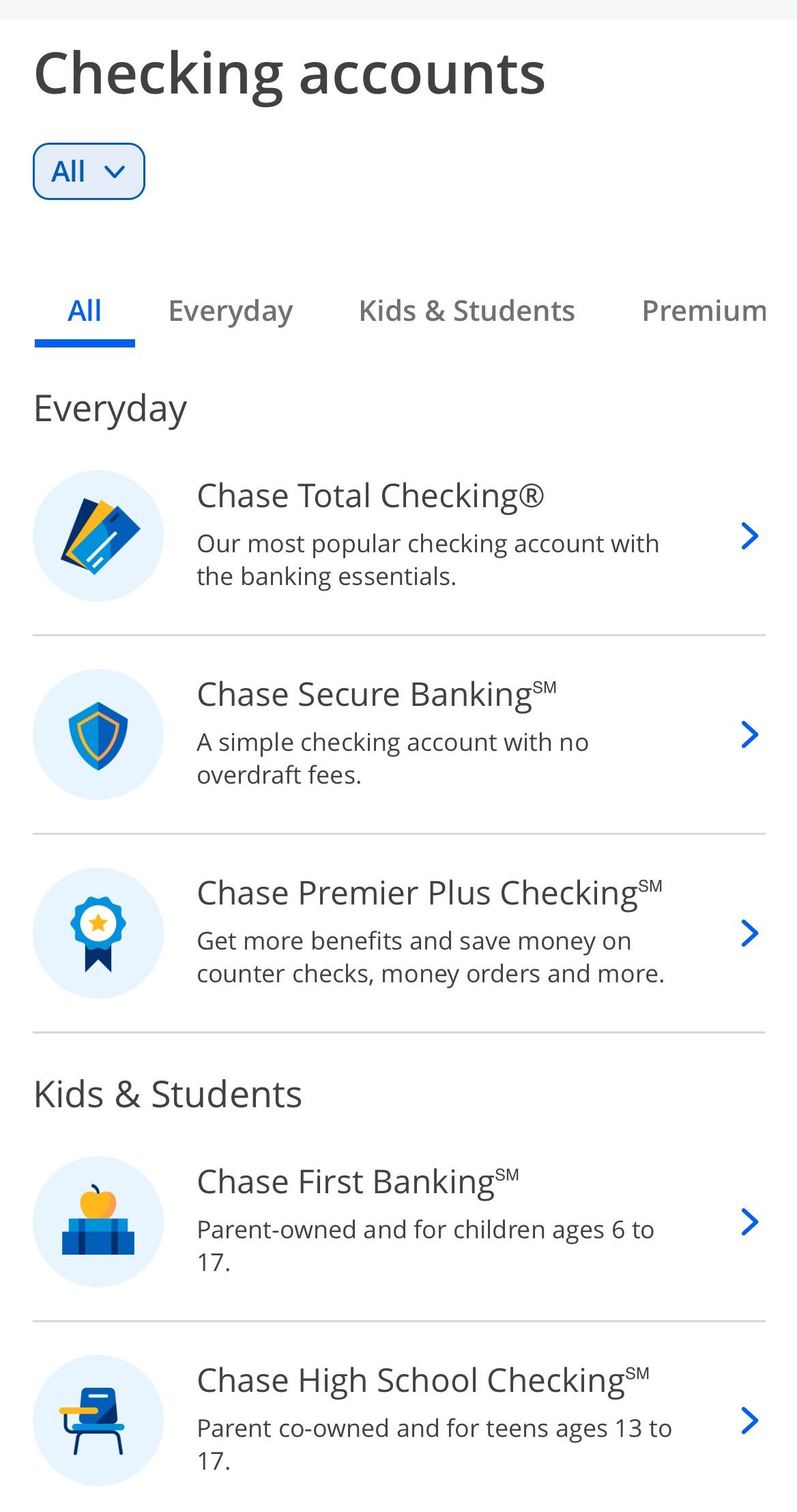
What really makes Chase stand apart from Citi in this area is that it offers new customers a welcome bonus and there are several checking account options if the standard option does not adequately meet your requirements.
Chase Bank | Citi Bank | |
|---|---|---|
APY | None | 0.01% |
Fees | $12 ($15, effective 8/24/2025)
Can be waived if you maintain a $1,500 minimum daily balance, making direct deposits or Associated SnapDeposits of $500 or more per statement cycle, or holding $5,000 in combined deposit accounts with the same statement cycle date or having a Health Savings Account or investment account
| $12
Can be waived if you make one qualifying direct deposit and one qualifying bill payment per statement period, maintain a combined balance of $1,500 per month across your eligible accounts or if you’re aged 62
|
Minimum Deposit | $0 | $0 |
Main Benefits |
|
|
CDs
The comparison between the bank’s CD options is a little more complicated. Both banks have a base rate of 0.2%, but while Chase offers 0.02% to 0.5% depending on your deposit amount, Capital One’s CDs offer better rates for longer terms.
This means that you can earn 0.2% for a one year CD, but if you commit to a five year CD, you can earn an impressive 0.80%.
Chase Bank | Citi Bank | |
|---|---|---|
Minimum Deposit | $1000 | $500 – $2,500 |
APY Range | 1.25% – 3.90% | 0.05% – 4.16% |
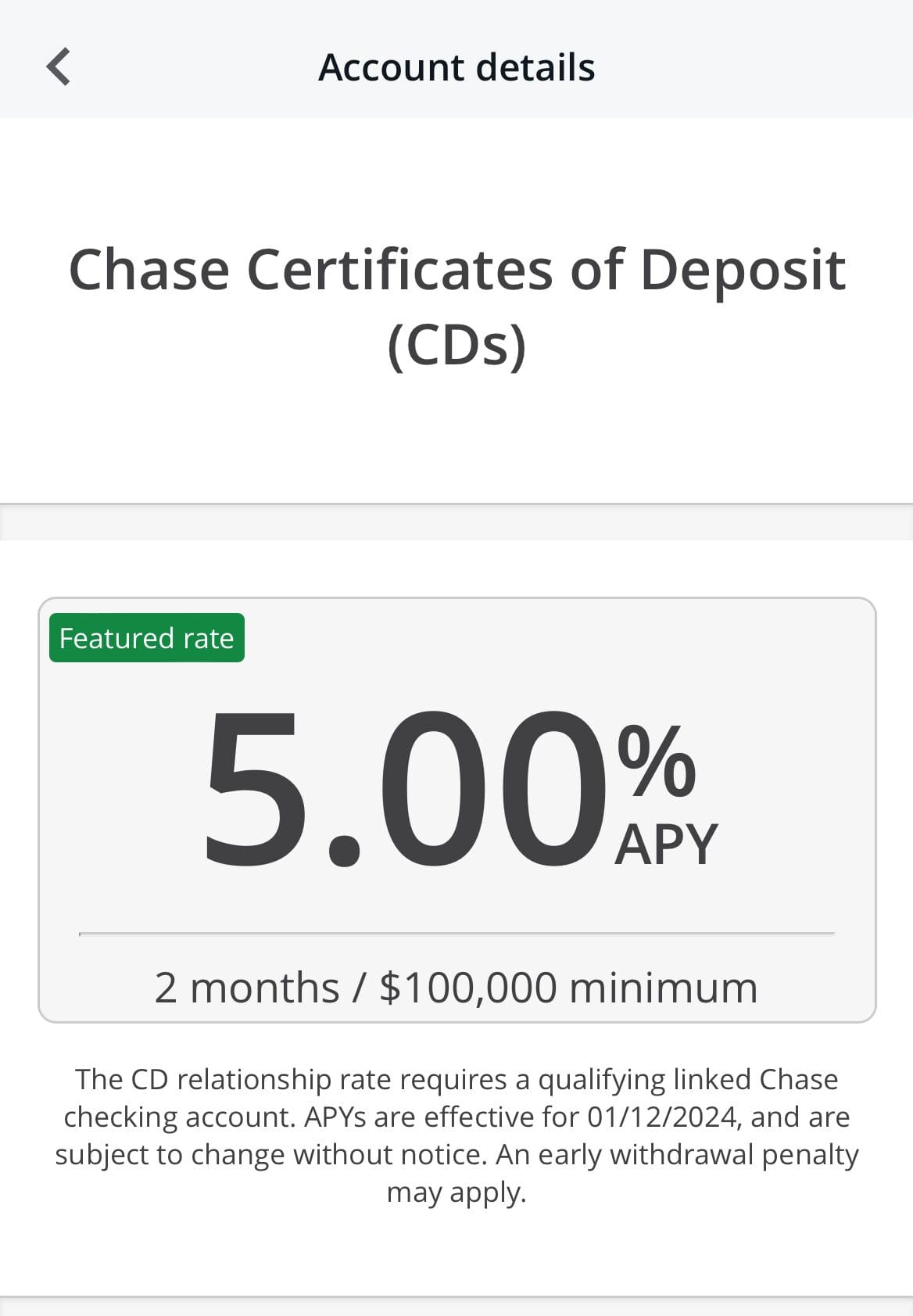
Mortgage Options
Chase has a variety of mortgages including ARM and fixed rate loans, but you can also access Jumbo and FHA loans. Chase also allows prequalification, to help its customers speed up the home purchase process. The bank allows discount point purchase for both refinance and home purchase packages.
Citi has options to buy a home, refinance and access your home equity. You can also prequalify for your mortgage. However, what makes Citi stand apart is that it offers special pricing for its customers to secure a lower interest rate or a $500 credit towards your closing costs.
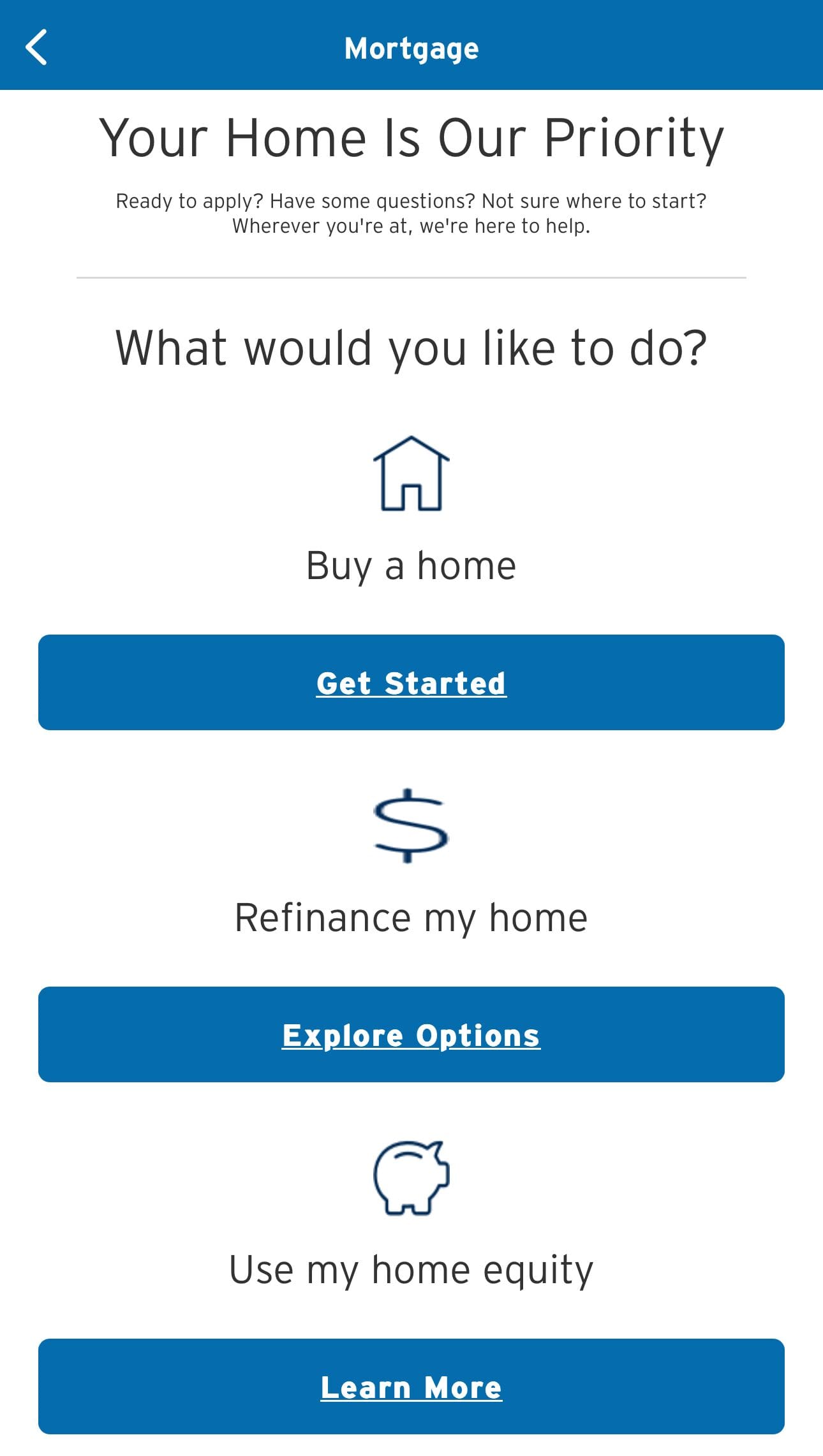
Loan Options
While Chase does not have personal loans, it does have auto loans to help you to finance a new or used vehicle.
On the other hand, Citi offers personal loans of up to $30k with fixed rates of 7.99% to 23.99% and a term of up to 60 months. You can access the funds quickly with Citi’s simple application process, as a check will be mailed to you upon approval within five business days.
You can even qualify for a lower rate if you sign up for Auto Deduct monthly payments and Thank You points if you link your loan to an eligible checking account.
Credit Cards
Chase has a highly impressive choice of more than credit card options. There are seven hotel cards, seven business cards, and over 20 travel cards. Chase even partners with brands such as Amazon, Starbucks, and Disney.
Card | Rewards | Bonus | Annual Fee |
| Chase Sapphire Preferred® Card | 2X – 5X
5x total points on travel purchased through Chase Travel, 3x points on dining, online grocery purchases and select streaming services. 2x on other travel purchases. Plus, earn 1 point per dollar spent on all other purchases.
| 75,000 points
75,000 bonus points after you spend $5,000 on purchases in the first 3 months from account opening
| $95
|
|---|---|---|---|---|
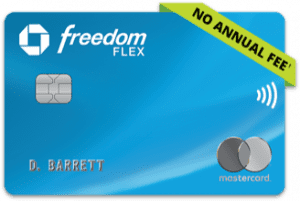 | Chase Freedom Flex℠ Card | 1-5%
5% cash back on up to $1,500 in combined purchases on selected categories each quarter and 5% cash back on travel purchased through Chase Ultimate Rewards®. Also, you can earn 3% cash back on dining at restaurants (including takeout and eligible delivery services), drugstore purchases , and 1% on all other purchases
| $200
$200 bonus after you spend $500 on purchases in the first 3 months from account opening
| $0 |
| Chase Freedom Unlimited® | 1.5% – 5%
5% cash back on travel booked through Chase Ultimate Rewards, 3% on dining (including takeout and eligible delivery), 3% on drugstore purchases, and 1.5% on all other purchases
| $250
Earn a $200 bonus after you spend $500 on purchases in the first 3 months from account opening.
| $0 |
| Chase Sapphire Reserve® | 1X – 10X
5X total points on air travel and 10X total points on hotels, car rentals and dining when you purchase through Chase Ultimate Rewards®, immediately after earning your $300 annual travel credit. Also, earn 3x points on dining at restaurants and travel (after meeting the $300 travel credit), then 1x points per dollar spent on all other purchases.
| 100,000 points + $500 Chase Travel℠ promo credit
100,000 points + $500 Chase Travel℠ promo credit After you spend $5,000 in purchases in the first 3 months from account opening
| $550 |
| Marriott Bonvoy Boundless® Credit Card | 1x – 6X
6X points for every $1 spent at over 7,000 hotels participating in Marriott Bonvoy® with the Marriott Bonvoy Boundless® credit card. Plus, earn up to 10X points from Marriott for being a Marriott Bonvoy® member. Plus, earn up to 1X point from Marriott with Silver Elite Status. Earn 3X points for every $1 on the first $6,000 spent in combined purchases each year on grocery stores, gas stations, and dining. Earn 2X points for every $1 you spend on all other purchases.
| 3 Free Night Awards after spending $3,000 on eligible purchases within 3 months of account opening.
Earn 3 Free Night Awards
after spending $3,000 on eligible purchases within 3 months of account opening.* Each Free Night Award valued up to 50,000 points – that's a total value of up to 150,000 points! Certain hotels have resort fees.
| $95 |
| United Explorer Card | 1X – 2X
2x per $1 spent on United purchases, hotel accommodations, restaurants & eligible delivery services and 1x per $1 spent on all other purchases
| 50,000 miles
Earn 60,000 bonus miles after qualifying purchases
| $95 ($0 first year) |
Card | Rewards | Bonus | Annual Fee | Chase Sapphire Preferred® | 2X – 5X
5x total points on travel purchased through Chase Travel, 3x points on dining, online grocery purchases and select streaming services. 2x on other travel purchases. Plus, earn 1 point per dollar spent on all other purchases.
| 75,000 points
75,000 bonus points after you spend $5,000 on purchases in the first 3 months from account opening
| $95
|
|---|---|---|---|
Chase Freedom Flex | 1-5%
5% cash back on up to $1,500 in combined purchases on selected categories each quarter and 5% cash back on travel purchased through Chase Ultimate Rewards®. Also, you can earn 3% cash back on dining at restaurants (including takeout and eligible delivery services), drugstore purchases , and 1% on all other purchases
| $200
$200 bonus after you spend $500 on purchases in the first 3 months from account opening
| $0 |
Chase Freedom Unlimited® | 1.5% – 5%
5% cash back on travel booked through Chase Ultimate Rewards, 3% on dining (including takeout and eligible delivery), 3% on drugstore purchases, and 1.5% on all other purchases
| $250
Earn a $200 bonus after you spend $500 on purchases in the first 3 months from account opening.
| $0 |
Chase Sapphire Reserve® | 1X – 10X
5X total points on air travel and 10X total points on hotels, car rentals and dining when you purchase through Chase Ultimate Rewards®, immediately after earning your $300 annual travel credit. Also, earn 3x points on dining at restaurants and travel (after meeting the $300 travel credit), then 1x points per dollar spent on all other purchases.
| 100,000 points + $500 Chase Travel℠ promo credit
100,000 points + $500 Chase Travel℠ promo credit After you spend $5,000 in purchases in the first 3 months from account opening
| $550 |
Marriott Bonvoy Boundless® | 1x – 6X
6X points for every $1 spent at over 7,000 hotels participating in Marriott Bonvoy® with the Marriott Bonvoy Boundless® credit card. Plus, earn up to 10X points from Marriott for being a Marriott Bonvoy® member. Plus, earn up to 1X point from Marriott with Silver Elite Status. Earn 3X points for every $1 on the first $6,000 spent in combined purchases each year on grocery stores, gas stations, and dining. Earn 2X points for every $1 you spend on all other purchases.
| 3 Free Night Awards after spending $3,000 on eligible purchases within 3 months of account opening.
Earn 3 Free Night Awards
after spending $3,000 on eligible purchases within 3 months of account opening.* Each Free Night Award valued up to 50,000 points – that's a total value of up to 150,000 points! Certain hotels have resort fees.
| $95 |
United Explorer Card | 1X – 2X
2x per $1 spent on United purchases, hotel accommodations, restaurants & eligible delivery services and 1x per $1 spent on all other purchases
| 50,000 miles
Earn 60,000 bonus miles after qualifying purchases
| $95 ($0 first year) |
Citi also offers a massive selection of credit cards. The card selection is organized into categories including Travel, Rewards, Balance Transfer, 0% introductory rate, and Cash Back. Many of the Citi cards have no annual fee and offer up to 5% cash back.
Card | Rewards | Bonus | Annual Fee |
| Citi® Double Cash Card | 1% – 2%
2% cash back rewards rate – 1% every time you swipe and another 1% upon payment.
| N/A
$200 cash back after spending $1,500 on purchases in the first 6 months
| $0 |
|---|---|---|---|---|
| Citi Premier® Card | 1X – 10X
10X per dollar on hotel, car rentals and attractions booked through CitiTravel.com, 3X points on restaurant, supermarket, gas station, and air travel and other hotels purchases, and 1X points per dollar on all other purchases
| 75,000 points
75,000 bonus points after spending $4,000 in the first 3 months of account opening, redeemable for $750 in gift cards or travel rewards on thankyou.com
| $95 |
| Citi Simplicity® Card | None | None | $0 |
| Citi® Secured Mastercard® | None | None | $0 |
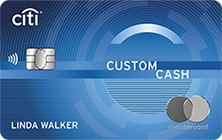 | Citi Custom Cash℠ Card | 1-5%
5% cash back on your highest eligible spend category each billing cycle up to the first $500 spent and 1% cash back thereafter
| $200
$200 cash back after you spend $1,500 on purchases in the first 6 months of account opening (20,000 ThankYou® Points, which can be redeemed for $200 cash back)
| $0 |
Citi also has partnership cards with American Airlines, AT&T, Costco, and Best Buy. Many Citi cards offer a welcome bonus, but you must watch the spending minimums and time limit to ensure you qualify.
Customer Service
Chase’s customer service system is quite comprehensive. In addition to a comprehensive website with a help page, there are customer service lines, Twitter and Facebook support 7 am to 11pm ET Monday to Friday and 10 am to 7 pm ET on the weekends.
You can also schedule a meeting with an agent in your local branch. Chase even has dedicated lines for military personnel and veterans whether they are here or overseas. The Chase digital assistant is beneficial, but there are cases when it won't be able to help.
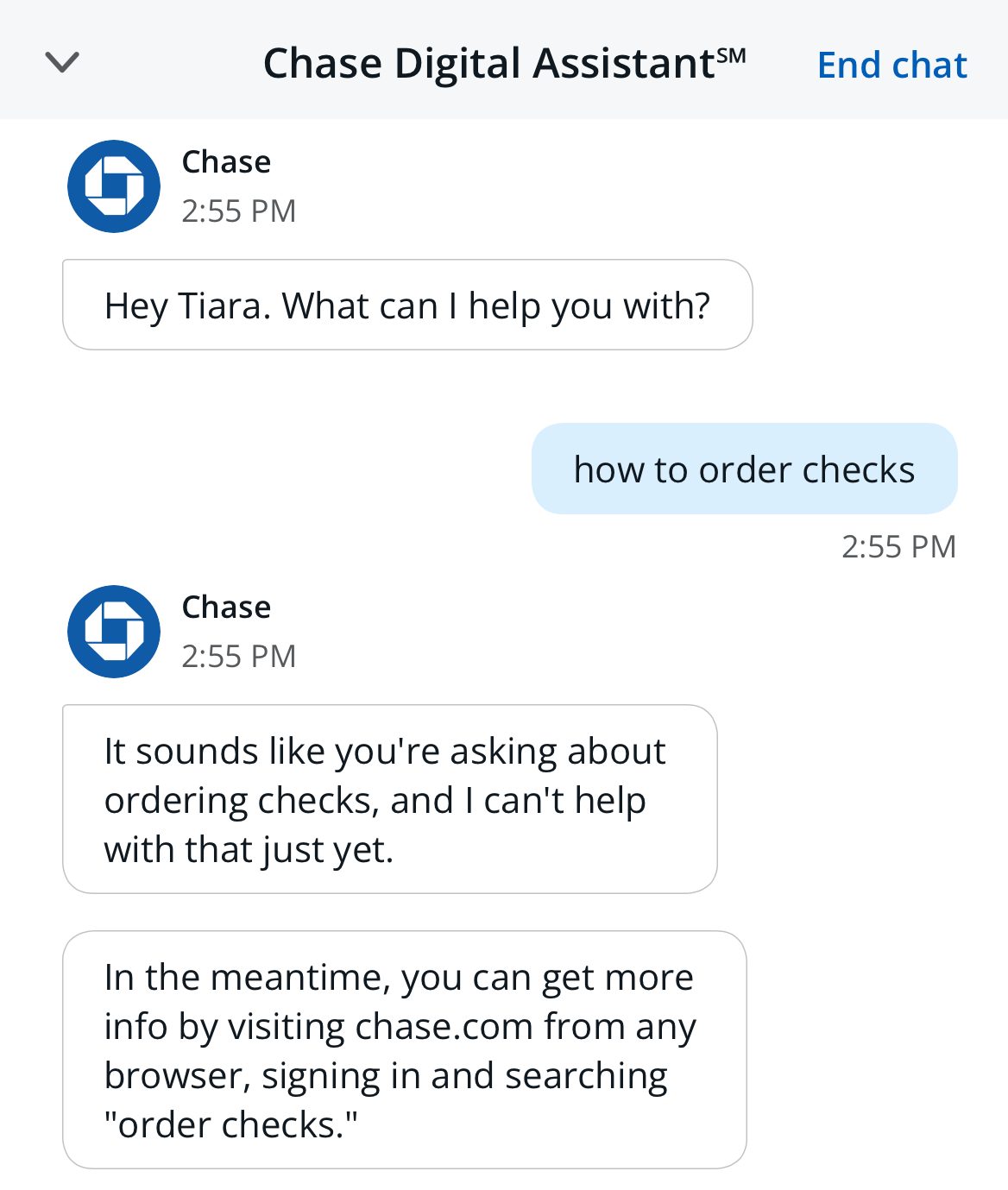
Citi’s customer service is a little more complicated. The bank has several phone lines to access the support team according to your product. So, if you have a credit card query, you’ll need a different number than if you had a savings account question.
Citi also has a comprehensive help page. You can type in an inquiry and receive an answer, or message the customer service team via the website. There is even a QR code you can scan within the phone app to message the team.
Both Chase and Citi have mixed ratings on consumer review platforms. Chase Bank has an average 3.7/5 score on Consumer Affairs, while Citi has a 3.6/5 score. Unfortunately, the ratings are not as positive on Trustpilot, with both Chase and Citi scoring a pitiful 1.3 and 1.4 out of 5 respectively.
Online/Digital Experience
Both Chase and Citi have an app compatible with both iOS and Android devices. Chase’s app has ratings of 4.8/5 on the Apple Store and 4.4 out of 5 on Google Play. The Citi mobile app is rated 4.9/5 and 4.7/5 on Apple and Google.
Both sites have a clean design and are easy to use which provides a decent user experience. You can fully explore and compare the products to find the right one for you. This is particularly helpful if you’re searching for your best credit card option.
FAQs
Does Chase Bank offer promotion for opening up a new bank account?
Yes, as of October 2025, Chase checking account promotions include Chase Total Checking, Chase Secure Banking and Chase College Checking.
Does CitiBank offer promotion for opening up a new bank account?
CitiBank also offers bank promotions for new accounts as well as on a variety of credit cards. As of October 2025 , Citi offers a bonus of $325 if you open a new bank account, based on your minimum deposit.
Is my money safe with Chase?
Chase is FDIC insured, so customer deposits are protected up to $250,000. This means that should the bank run into financial difficulties, you will not lose your funds.
Can you invest in Crypto via Chase ?
JP Morgan Chase was one of the first, large US banks to provide its customers with access to crypto funds. This means that you should have few problems using the Chase investment platform to buy or invest in cryptocurrencies.
Can you be denied on a Citi checking account?
Citi does need to verify all checking account applications and if any red flags are raised, then your application may be declined. However, Citi does have quite a basic checking account, which you may be offered if your application for a more sophisticated account is not accepted.
How's Citi performs during a recession?
Although Citi has a long track record, it does have a history of struggling during tough economic times. After the 2007/2008 financial crisis, Citi received a massive $517 billion federal bail out loan. It took until 2013 for the Government to sell the last of the bail out bonds from this fund.
However, today, Citi has holdings of $74 billion, so it should be prepared to weather any adverse economic times. Of course, Citi is FDIC insured, so for its customers, even if the bank starts to struggle, deposits of up to $250,000 are protected.
Chase vs Citibank: Comparison Methodology
In our detailed comparison, The Smart Investor team thoroughly looked at Chase and Citibank in five main areas:
Checking Accounts (30%): We checked things like direct deposit, debit card availability, monthly fees, ATM and branch access, check deposit, bill pay options, and account alerts. We also considered any special offers for customers.
Savings Accounts including CDs (20%): We focused on important stuff like how much interest you can earn (APY), the smallest amount you need to open an account, how flexible the accounts are, and if they're insured by FDIC. We also looked at special savings offers, different types of CDs, and any fees for taking money out early.
Credit Cards (15%): We looked at what rewards you get, how much the card costs each year, any bonuses you get for signing up, perks for traveling, how much interest you pay on balances, and if you can transfer balances from other cards.
Lending Options (15%): We checked out the different kinds of loans they offer, like personal loans, student loans, mortgages, and loans where you use your home as collateral.
Customer Experience And Bank Reputation (20%): We looked into how easy it is to use their online and mobile banking, how helpful their customer support is, what people say about them online, any awards they've won, and how stable they are financially. This gave us a good idea of what it's like to be a customer and how much people trust them.
Compare Chase Versus Alternative Banks
Although Chase Bank has a modern, trendy image, it is one of the oldest banks in the United States. JP Morgan Chase's consumer division, Chase Bank, is one of the largest banks in the United States. Even though its interest rates aren't particularly competitive when compared to online banks and credit unions, loyal Chase customers who keep a significant amount of money with the bank can earn slightly better rates.
American Express is best known for its credit card business. The financial services firm, on the other hand, has a banking subsidiary that offers high-yield savings and CD accounts. For those looking to save money with a well-known financial institution, the American Express High Yield Savings Account is a popular option.
Read Full Comparison: American Express vs Chase Bank
Chase and Wells Fargo appear to offer very similar products at first glance, so we need to dig a little deeper. There is little to distinguish the savings accounts, and both banks provide a variety of checking accounts.
While Chase's account maintenance fee is slightly higher, it does have some more interesting features. Chase also has an advantage in terms of CDs, but Wells Fargo is a better option for loans and mortgages.
Read Full Comparison: Chase vs Wells Fargo: Where to Save Your Money?
The Discover checking account is more traditional. While the account does not pay interest, you can earn 1% cash back on debit card purchases. There are also no fees if you require a replacement debit card, have a deposit item returned, or have insufficient funds in your account.
Chase offers a wide range of banking products, including savings accounts, checking accounts, home loans, home equity options, auto loans, and a wide range of credit cards. In addition, Chase's customer service system is quite extensive.
Read Full Comparison: Discover vs Chase: Which Bank Account Suits You Best?
Chase has some great features including a massive selection of credit card options. Both banks also offer some great mortgage packages. PNC also has some innovative credit card options, and you can also access personal loans.
Read Full Comparison: Chase vs PNC Bank: Which Bank Account Is Better?
Because both Chase and TD Bank provide a comprehensive range of products, we'll need to summarize the benefits and drawbacks to determine which bank is superior.
Chase offers some novel features, including the possibility of comparable CD rates without the TD Bank's minimum deposit. However, there is little to distinguish the checking accounts, as TD Bank's savings rate is twice that of Chase.
Although Chase has more credit card options, don't discount TD Bank, which has some interesting options.
Read Full Comparison: Chase vs TD Bank: Which Bank Suits You Best?
Chase and Capital One both have banking product lines that compete with traditional high street banks.
Capital One also has a competitive advantage in terms of checking accounts. The Capital One checking account is not only fee-free, but you can also earn interest on your account balance. Chase's checking account does not pay interest, and you must meet certain requirements to have the $12 monthly fee waived.
However, when you open a qualifying account, Chase will give you a welcome bonus, and its checking account has some nice features such as paperless statements for up to seven years and checking account upgrade options.
Read Full Comparison: Chase vs Capital One: Compare Banking Options
Both banks have account maintenance fees that can be waived by meeting one of several requirements. The rates are also quite similar, so which bank is best will come down to what products you’re looking for.
While Chase and U.S. Bank offer many banking services, Chase Bank is our winner in this competition. Here's why – and what else to know:
While Truist is a full service bank where you can find almost any financial product, Chase is our winner. Here's why – and what else to know:
We'll explore Chase and BMO Bank savings accounts, checking accounts, CDs, credit cards, and lending products. Here's our winner:
In our opinion, Chase is the preferred option in this battle. But, there are significant differences between products. Here's our comparison:
In our opinion, Chase is the preferred option in this battle. But, there are significant differences between products. Here's our comparison.
We believe Chase is the preferred option in this battle. But, there are significant differences to know. Here's our comparison: Chase vs. Fifth Third Bank
While Huntington Bank offers some better conditions when it comes to CDs and lending options, Chase is our winner. Here's why: Chase vs. Huntington Bank
Even though Regions Bank has better terms for CDs and loans, we're leaning towards Chase. Here's why, and our complete banking comparison: Chase vs. Regions Bank
Chase is the largest brick-and-mortar bank, while Ally Bank is among the best online banks. Here's our comparison and our winner: Chase vs. Ally Bank
Chase Bank is our winner, while Amex and Chase offer great banking services and credit card portfolios. Here's our side-by-side comparison: American Express Bank vs. Chase Bank
Chase is our winner as it is a better fit for most consumers than HSBC bank. But, there are important things to consider when comparing them: Chase Bank vs. HSBC Bank
Both Chase and Barclays offer a significant portfolio of banking services for US-based customers, but Chase is our winner. Here's why: Chase Bank vs. Barclays Bank
Chase Bank is our winner with a complete package of banking services. SoFi is best for savings rates, online experience, and lending options.
Compare Citibank Versus Other Banks
CIT Bank has a banking product line that rivals that of traditional banks. Savings accounts, CDs, an eChecking account, home loans, and mortgages are all available. The main shortfalls in this lineup are the lack of personal loans and a credit card option.
Citibank has a credit card background, but that doesn't mean it has a limited banking product line. Citi offers home loans, personal loans, lines of credit, wealth management options, and investments, as well as everyday and premium banking services.
Read Full Comparison: CIT Bank vs Citi: Which Bank Account Suits You Best?
Capital One began as a credit card company, but it has recently expanded its banking product line. Capital One offers checking and savings accounts, children's accounts, auto finance and refinancing, in addition to an impressive selection of credit cards.
Citi offers a diverse range of banking products, including checking and savings accounts, CDs, credit card options, mortgages, personal loans, wealth management plans, IRAs, and investment options.
Read Full Comparison: Citi vs Capital One: Which Bank is Best For You?
The Citi checking account is a fairly standard product. The account does have a $12 monthly fee, but it is waived if you make a qualifying deposit or make a qualifying bill payment. Overdraft protection is also available, which automatically transfers funds from your savings account to avoid overdraft fees.
Because the American Express savings account has a high yield, the number of withdrawals or transfers you can make each month is limited to nine. It's also a nice touch that American Express allows you to choose paper statements if you prefer the old-fashioned way.
Read Full Comparison: American Express vs Citi: Where to Save Your Money?
Citi offers an excellent range of banking products that cover the majority of your financial needs.
Personal loans, mortgages, credit cards, investment options, IRAs, and wealth management plans are available in addition to savings and checking accounts. Barclays' product line is more streamlined. This bank offers credit cards, savings accounts, credit cards, and personal loans.
The most obvious product gap is the absence of a checking account. As a result, Barclays becomes more of a supplementary bank rather than your primary day-to-day financial institution.
Read Full Comparison: Citi vs Barclays: Which Bank Account Is Better?
Bank of America is a large banking institution, and its impressive banking product line reflects this. Aside from savings and checking accounts, there are home loans, auto loans, investment options, and a variety of credit cards. Citi also has a diverse product offering. Credit cards, CDs, personal loans, mortgages, IRAs, investment options, wealth management plans, and checking and savings accounts are all available.
As a result, if you want to switch from your current bank, either bank is a viable option because you won't have to make any compromises in terms of banking products.
Read Full Comparison: Bank of America vs Citi: Which Bank Suits You Best?
Discover began as a credit card company and has since expanded into banking services. As a result, it stands to reason that Discover would offer a diverse range of credit cards. Discover offers a simpler checking account. There are no account fees or minimum deposits, and you can earn 0.40 percent.
Citi offers home loans, personal loans, lines of credit, wealth management options, and investments, as well as everyday and premium banking services. This exemplifies Citi's viability as a viable alternative to the traditional high-street bank.
Read Full Comparison: Discover vs Citi: Compare Banking Options
Both banks offer a good selection of banking products, making it easier to switch from your current bank.
Citi offers CDs, personal loans, mortgages, IRAs, investment options, wealth management plans, and a variety of credit card options in addition to checking and savings accounts.
Wells Fargo provides savings and checking accounts, but it also provides mortgages, loans, and investment options such as IRAs, 401ks, and wealth management products.
Read Full Comparison: Citi vs Wells Fargo: Which Bank Account Is Better?
While U.S. Bank offers some better conditions when it comes to lending options, Citibank is our winner in this comparison. Here's why.
Citibank is our winner due to its checking account options, various credit cards, and better savings account rates than Truist Bank.
PNC Bank and Citibank are two big players in brick-and-mortar banking. Let's compare them side by side and see which is our winner: PNC Bank vs. Citibank
Citibank leads in credit cards, and TD Bank options for borrowers are broader. But what about the rest? Here's our comparison and winner: Citibank vs. TD Bank
We'll explore Citibank and M&T Bank savings accounts, checking accounts, CDs, credit cards, and lending products. Here's our winner: Citibank vs. M&T Bank
Citi is our winner for most consumers, but Ally is also a great option if you are willing to manage your account online. Here's why.
Banking Reviews
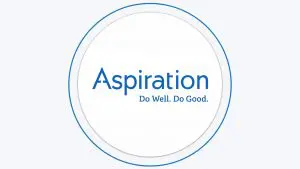
Aspiration Review
Alliant Credit Union Review

